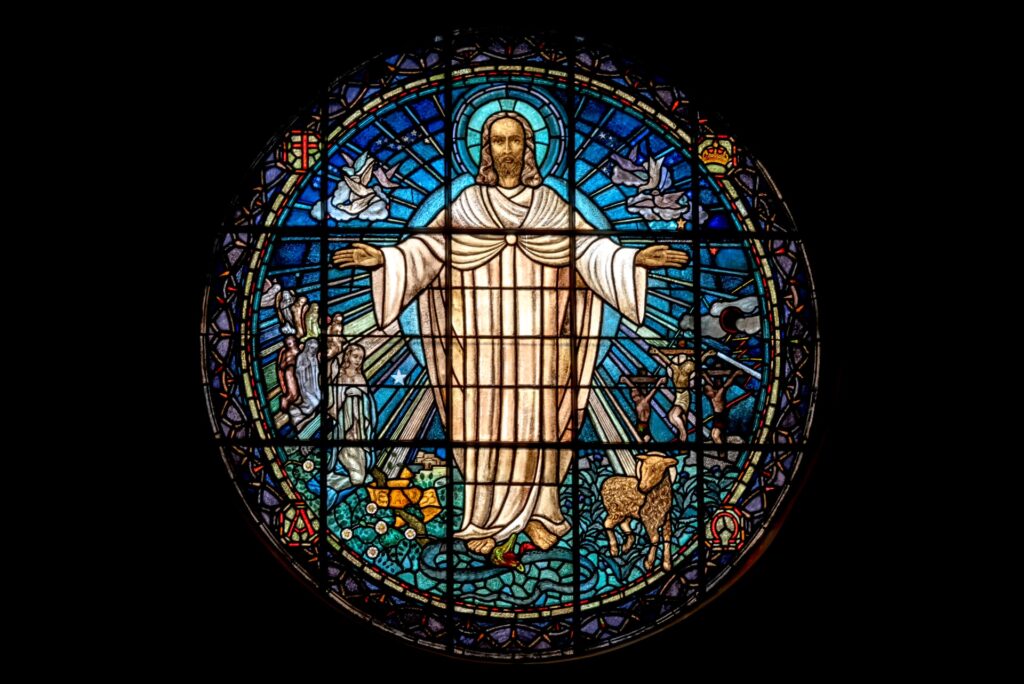Some may know that the Arabic word Islam derives from the triliteral Arabic root s-l-m which carries, among many meanings, the meaning of “peace.”
But this is not the peace of some dreamed-up Zen state.
It is the peace that comes with resignation. It is a conscious embracing of the frustration that most things will never be known and that virtually everything is outside of our control. It is the bittersweet comfort that comes from knowing that you tried your best, it wasn’t enough, but you still tried.
Penned by the American theologian Reinhold Niebuhr and adopted by addicts everywhere is the following prayer:
God, grant me the serenity to accept the things I cannot change; the courage to change the things I can; and the wisdom to know the difference.
My faith tradition is named after an awareness that most of us will arrive at sooner or later. In identifying ourselves as Muslims, quite literally those who practice resignation, we are only linking ourselves to a community of people intentionally grappling with the conundrum of existence.
That community is essentially the entire human family. From a purely linguistic standpoint, we are all Muslim, though not all of us are called to formalize our relationship with Islam.
Although, that is an open invitation. We’re going to come back to that.

But first, contrast the meaning of the word “Islam” with “Judaism,” another Abrahamic faith, though with a definition that asks something different. The language of this invitation is to consider the Kingdom of Judah, and to see the world through the cultural lens of a particular “chosen” people and their history. There is no universality implied. This is a doctrine for a select few.

With Christianity, we have another linguistic invitation that, though broader than Judaism, remains limited in scope. The language here encourages that we should link our experience as humans to the exclusive teachings of Christ. They are excellent teachings, to be sure! But what of his predecessors? What of those masters? In disregarding them we have, in practice, elevated the person of Christ to an absurd point, with many believing him to be God incarnate. It’s a natural path to take when one’s faith is linked exclusively to the teachings of a single individual.
Christ was, as even a casual perusal of sacred texts will demonstrate, one of many teachers, may God’s peace and blessings be upon them all. And pronouncing him God, as perhaps the majority of today’s Christians do, is to introduce a whole host of inferiorities to those without a share in his depicted attributes, his maleness being one challenging anthropomorphism among many.
Let’s get back to Islam’s open invitation to formalize the awareness that, in resigning ourselves to the way that things are, we might find a modicum of clarity and quietude. What makes this prospect particularly fascinating is our observation of the natural world.
We soon see that the planets travel along their prescribed paths. The birds migrate according to their patterns. Flowers bloom in one season, but not in the other. The tides creep and the winds blow in a manner predictable for any mariner worth his salt. In other words, everything has its place. And in the establishment and maintenance of that space, everything else is balanced.
We see in nature’s balance that keeping to limits is the key to success for one and all.
It’s not a hard stretch to gather that we might find our space as well, and learning that place is the beginning of formalizing our relationship with Islam, not only as a linguistic truth, but, more practically, as a religious path.
Learning to live within our space and keeping to our prescribed limits is the work of every Muslim.
In truth, it is the work of every human.
Leave a comment below for posterity or join us in the D&T Chautaqua Discord to discuss this post with other adventurous spirits from around the world.


Thank you for connecting Islam to recovery. I am often…maybe always the only Muslim in meetings. I know we are supposed to surrender to a higher power of our own understanding, but it is good to have a feeling that there are other addicts out there who have the same understanding of a higher power that I do. I’ve been wanting to go back into program, but just can’t surrender right now. Thanks for this.
It’s surprising to me that the Muslim community isn’t more active in leading the recovery movement. It’s surprising to me that we aren’t leading the environmental movement. Or healthcare. Or leading economic innovation. There are so many areas of communal responsibility where we have dropped the ball.
And it leads to dilemmas like these. Many recovery communities have, in my view, a troubling dark side. Specifically, the community is defined by a common liability. We have only our addiction in common. We are connected to others by virtue of our shared indiscretion. That’s a dubious link, for sure.
As Muslims with an awareness of the constant need for guidance and support from God Most High, we can view our challenges, addiction or otherwise, as a natural and anticipated part of the human experience. Recovery, in this case, is simply a validation of our shortcomings as creation along with a commitment to support one another in our relationship with the Creator.
May God ease your path to Him.